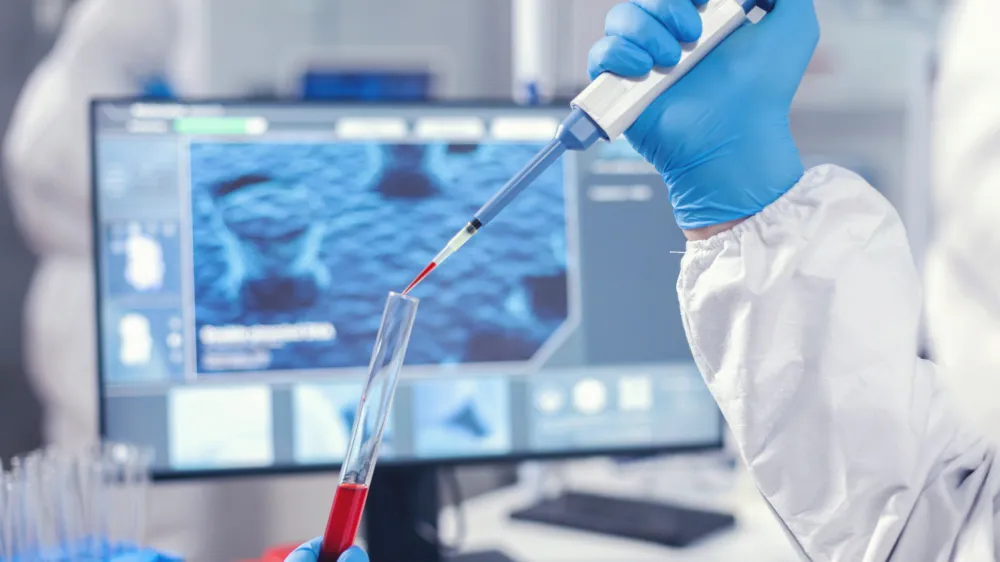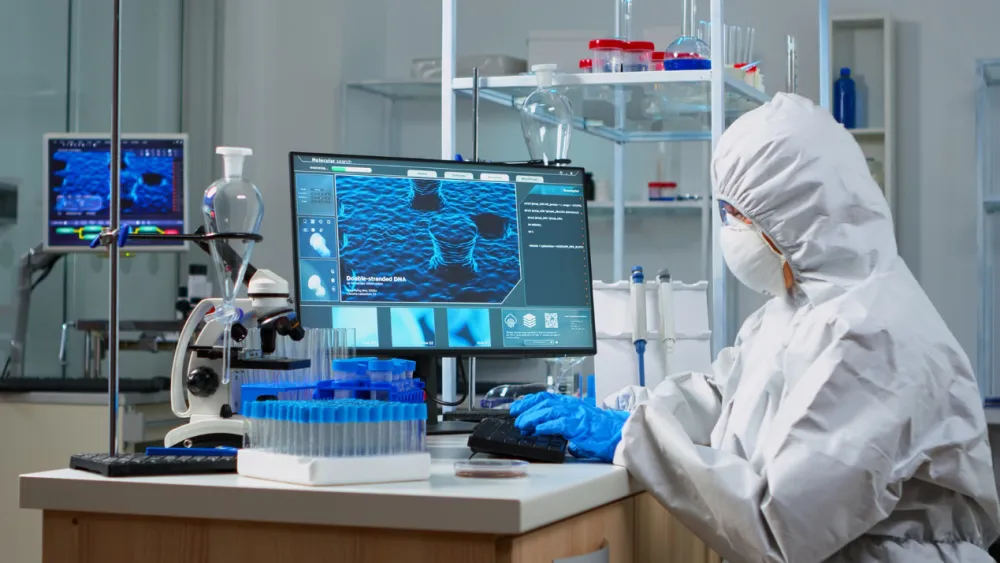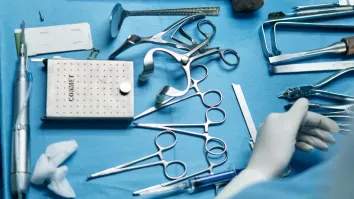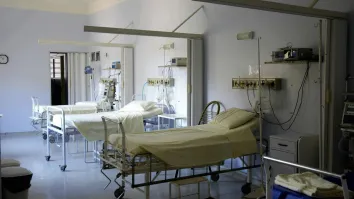
Artificial blood vessels market to surpass $3b by 2030
It is projected to grow at a 5% CAGR within the forecast period.
The global market for artificial blood vessels is expected to reach over $3b by 2030 at a compound annual growth rate (CAGR) of 5%.
A report by DelveInsight revealed that the market is driven by factors such as advancements in technology, a rising prevalence of cardiovascular diseases, and a growing demand for minimally invasive surgical procedures.
“As the global population ages and lifestyles become increasingly sedentary, the incidence of cardiovascular diseases continues to rise, creating a substantial market opportunity for artificial blood vessels,” The report said.
Meanwhile, one of the market’s key dynamics is the ongoing innovation in biomaterials and tissue engineering for improved performance, biocompatibility, and durability.
Biodegradable polymers, tissue-engineered scaffolds, and nanomaterials are amongst the emerging technologies assimilated into next-generation vascular grafts, for reduced thrombogenicity and better tissue integration.
DelveInsight also mentioned that a shift towards personalised medicine is further influencing the market’s dynamics.
“With advancements in medical imaging, computational modelling, and 3D printing technologies, there is a growing emphasis on customising vascular grafts to match the unique anatomical and physiological characteristics of individual patients,” The report added.



















 Advertise
Advertise




